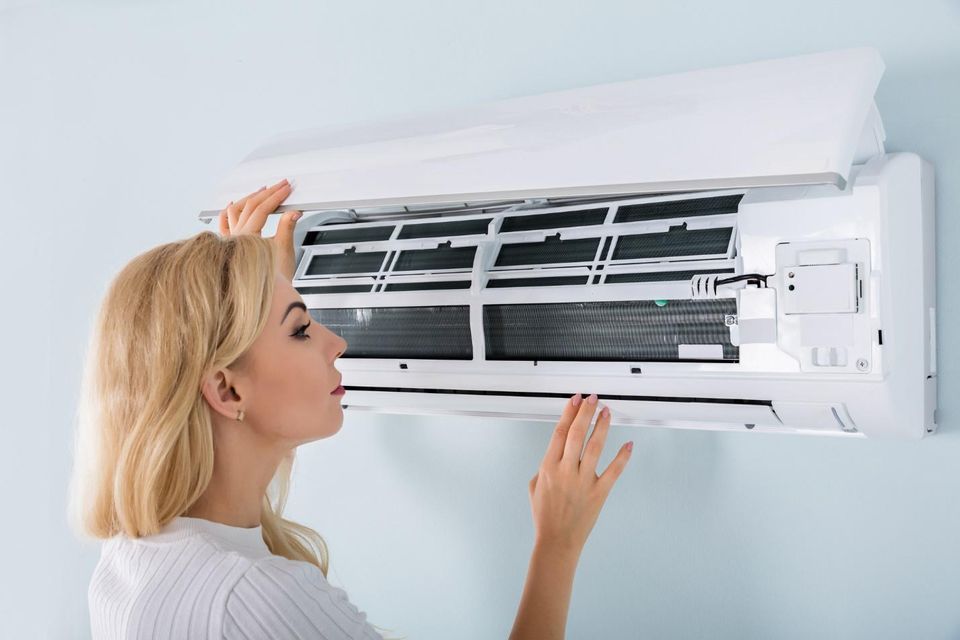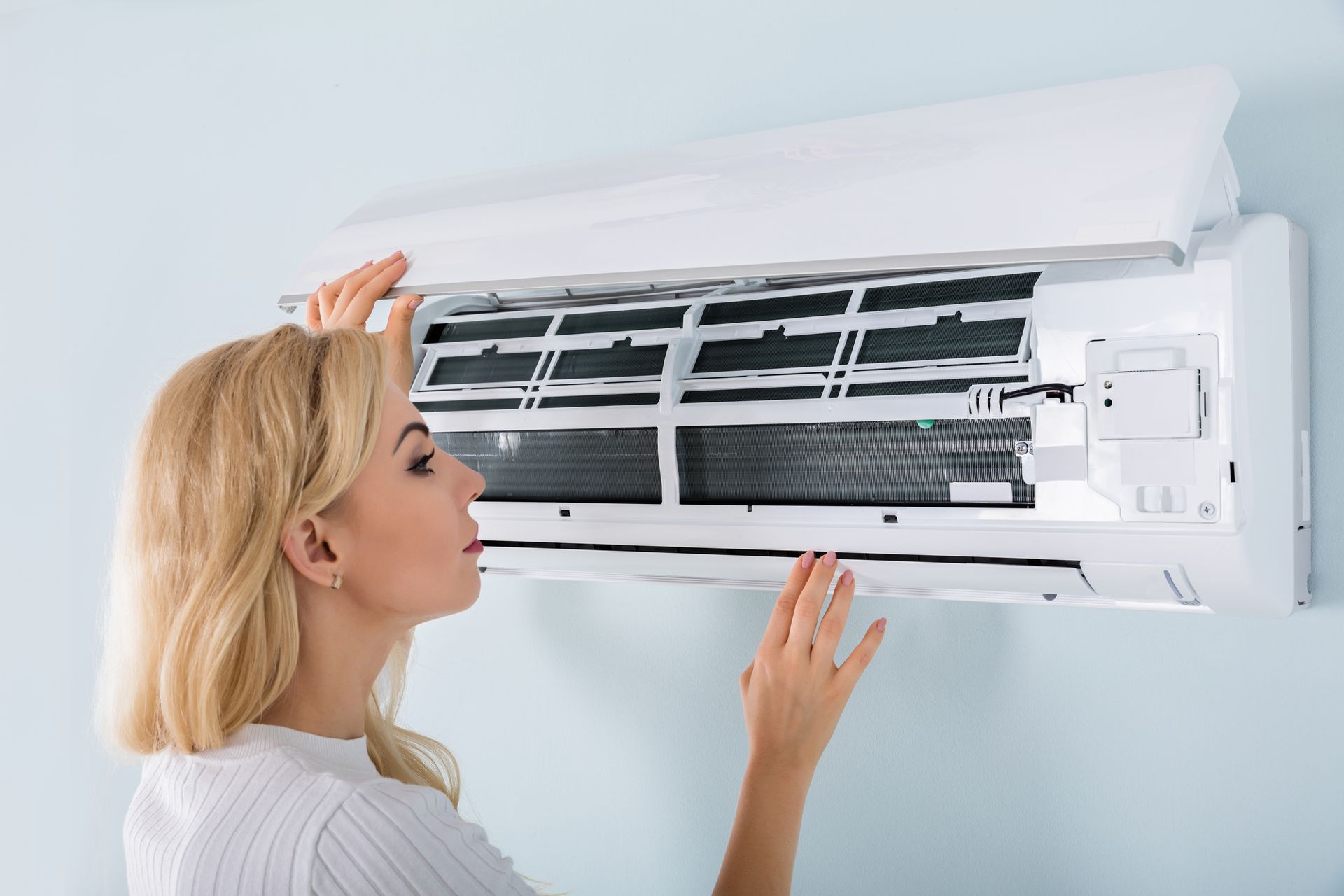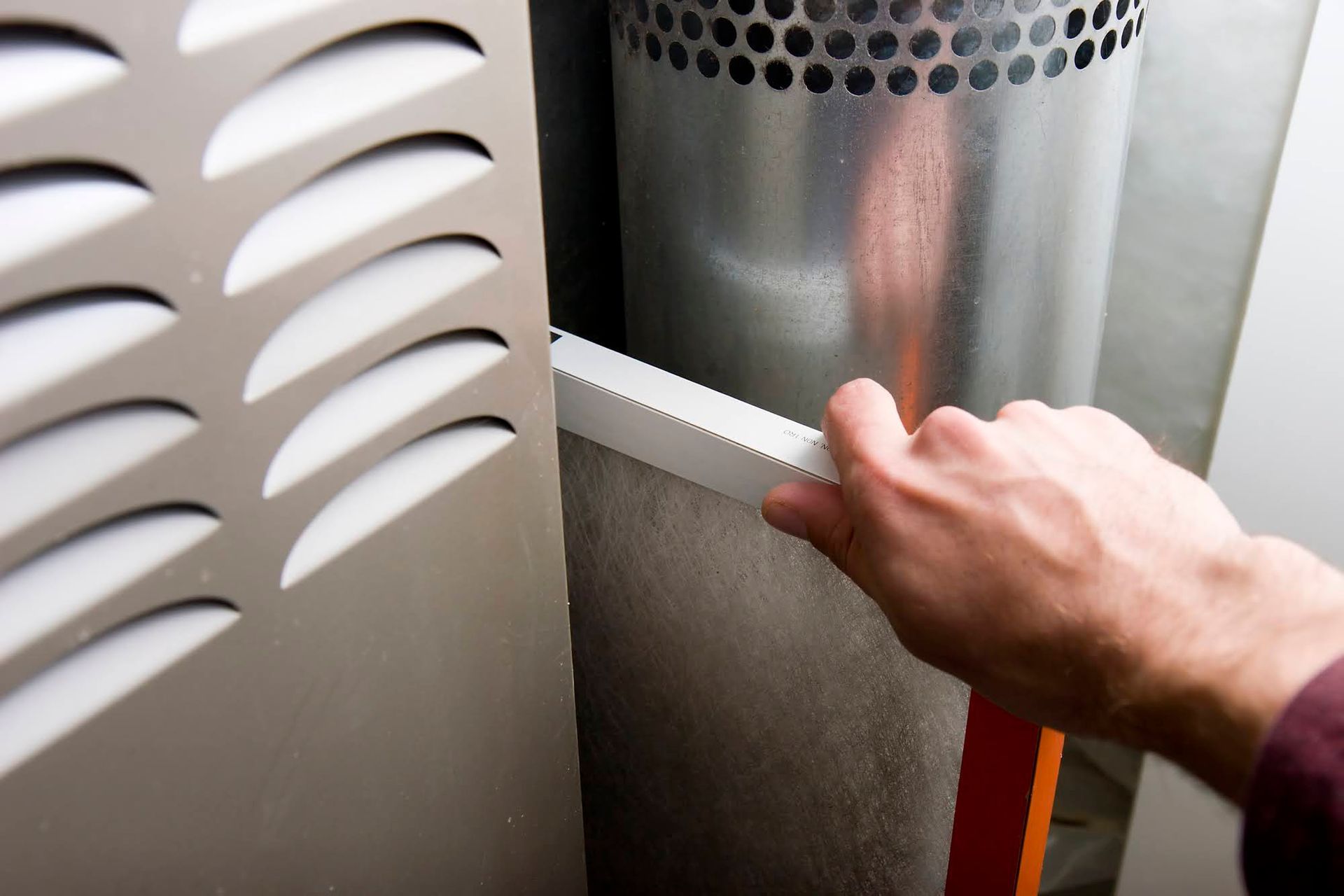What You Need to Know About End of Summer AC Maintenance
As the warm weather wanes and fall is on the horizon, you don't need your air conditioner (AC) running 24-7. Before you switch your AC system off for the months to come, take a look at what you need to know about end-of-season maintenance.
Do Home ACs Require Professional End of Summer Service?
Unless you have expert-level knowledge of your home's AC system, don't attempt to fully service it yourself. A professional technician has the expertise, training, tools, and equipment to get the job done correctly and safely, and this service is recommended at least once a year.
When Should Homeowners Schedule Service?
While many homeowners stick to a once a year service schedule, springtime isn't necessarily the only time for AC maintenance. A pre-season check is an essential part of your system's health. This service visit can help to make sure your unit is clean, runs efficiently, and damage-free. Even though it's an important appointment to make (and keep), a late-summer or early-fall visit also has advantages.
There's no strict date to schedule your AC's end-of-season service by. A late-summer heatwave or continued warm temperatures may mean you need to use your AC for weeks longer than expected. This could push a pre-fall service check back into late September or even early October.
Does Fall Service Replace a Spring Checkup?
Think about a fall appointment as an extra maintenance visit to prepare for next year. This is an additional service and shouldn't replace the pre-season (springtime) checkup. Even though some AC systems can get by with once yearly preventative maintenance, this extra appointment may save you money next year when it's time to service and use your AC.
What Does an End-of-Season Service Include?
An HVAC technician will inspect your unit for damage, debris, and anything else that requires a repair. If they find damage from summertime use, the tech will suggest a repair or replacement plan. While you could choose to wait until next spring to make the necessary repair, a fall fix prepares the system in the event of an early summer (or pre-summer) heatwave.
Specific services most AC systems need after months of use include:
- Filter change . Over the summer dirt, dust, debris, and potential allergens accumulate on the filter. A new filter provides clean indoor air and can increase energy efficiency.
- System inspection . The technician will inspect the condenser (outdoors) and the interior unit. Again, if the technician finds damage or excessive wear, now is the time to schedule a repair.
- System cleaning . The filter isn't the only part of the AC system that gathers dust and debris. The technician can clean your unit now and give you a jump-start on next year's use.
Along with these services, the technician may recommend duct cleaning or maintenance. This won't only help your AC system. It can also reduce allergens in your home and increase efficiency when you use the central heating unit over the winter.
How Should Homeowners Winterize the AC System?
A clean, damage-free interior unit doesn't require winterization. As long as the system is inside of your home, it won't need protection against the cold, sleet, snow, and ice. But the condenser, which is outside, may require winterization.
Turn off the power to the unit completely. Remove any loose debris, such as fallen leaves, weeds, or twigs. Some homeowners prefer to cover to exterior part of the unit over the fall, winter, and spring months. But this isn't always a necessity — or the right way to go.
There are pros and cons of covering your AC unit. A cover can protect the condenser from the elements or a deep freeze. But it may not let air flow freely (which can result in mold or mildew growth) and provides a warm home for pests. Discuss your options with the AC professional before you make a winterization decision.
Do you need a pre-season AC check? Contact Comfort Solutions for more information.











